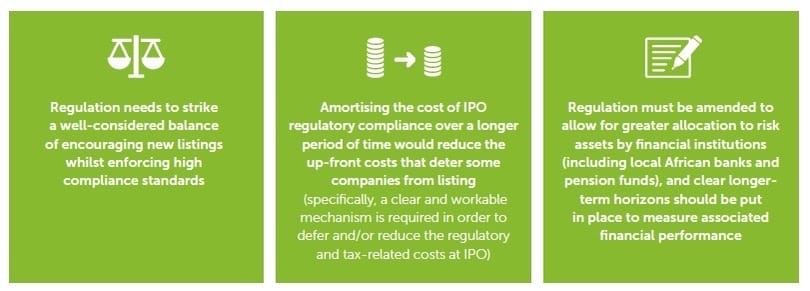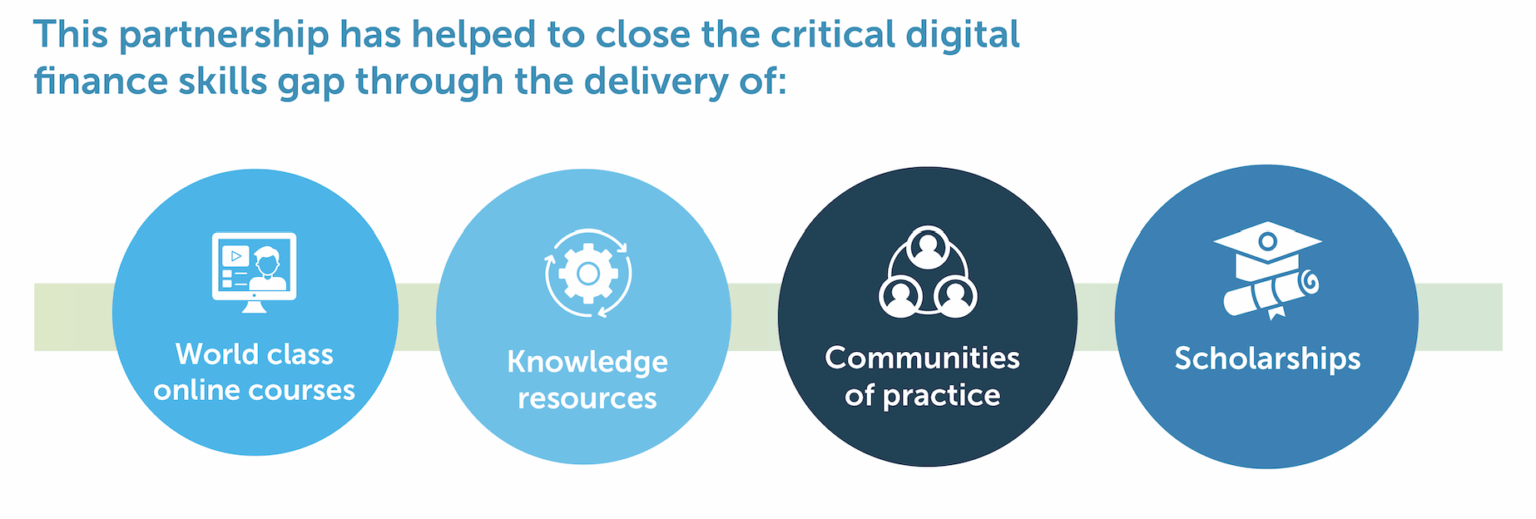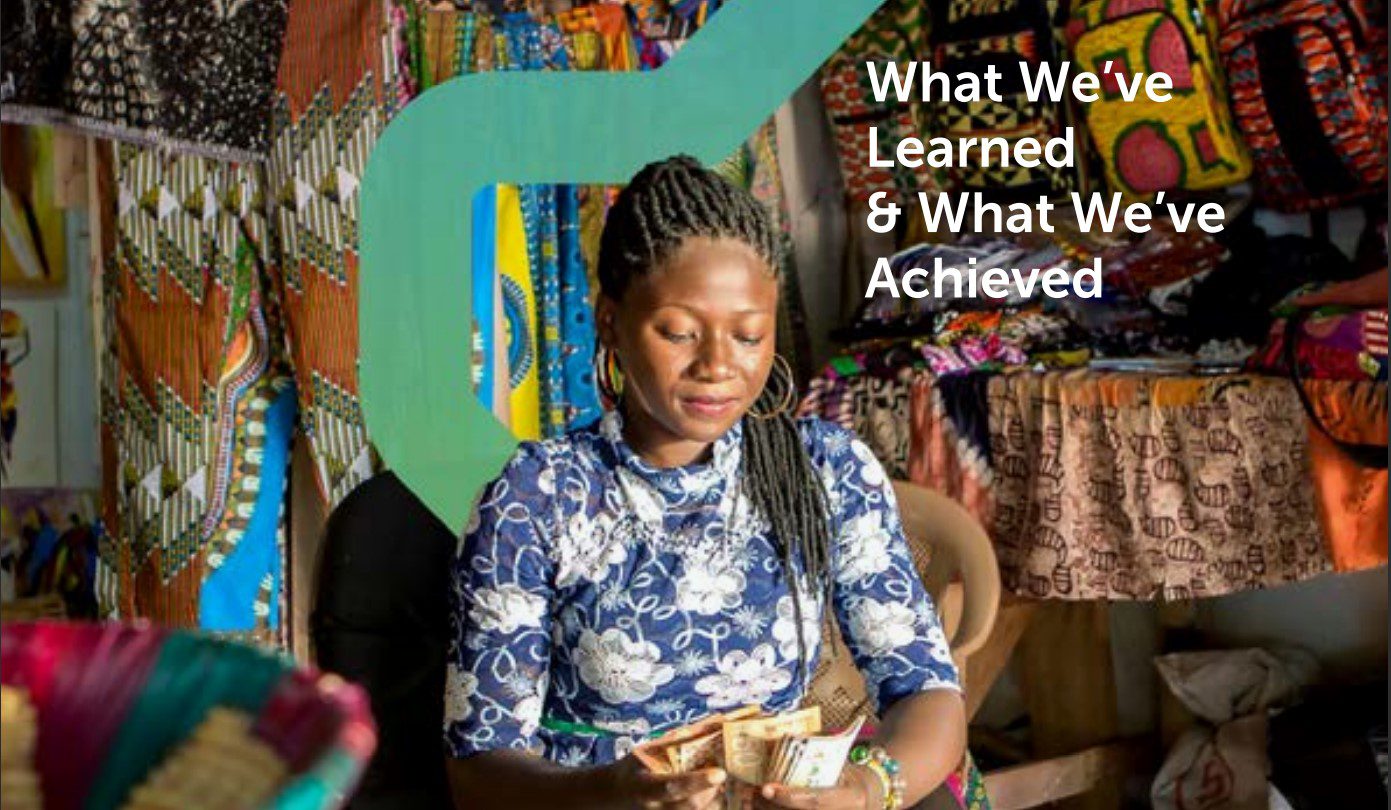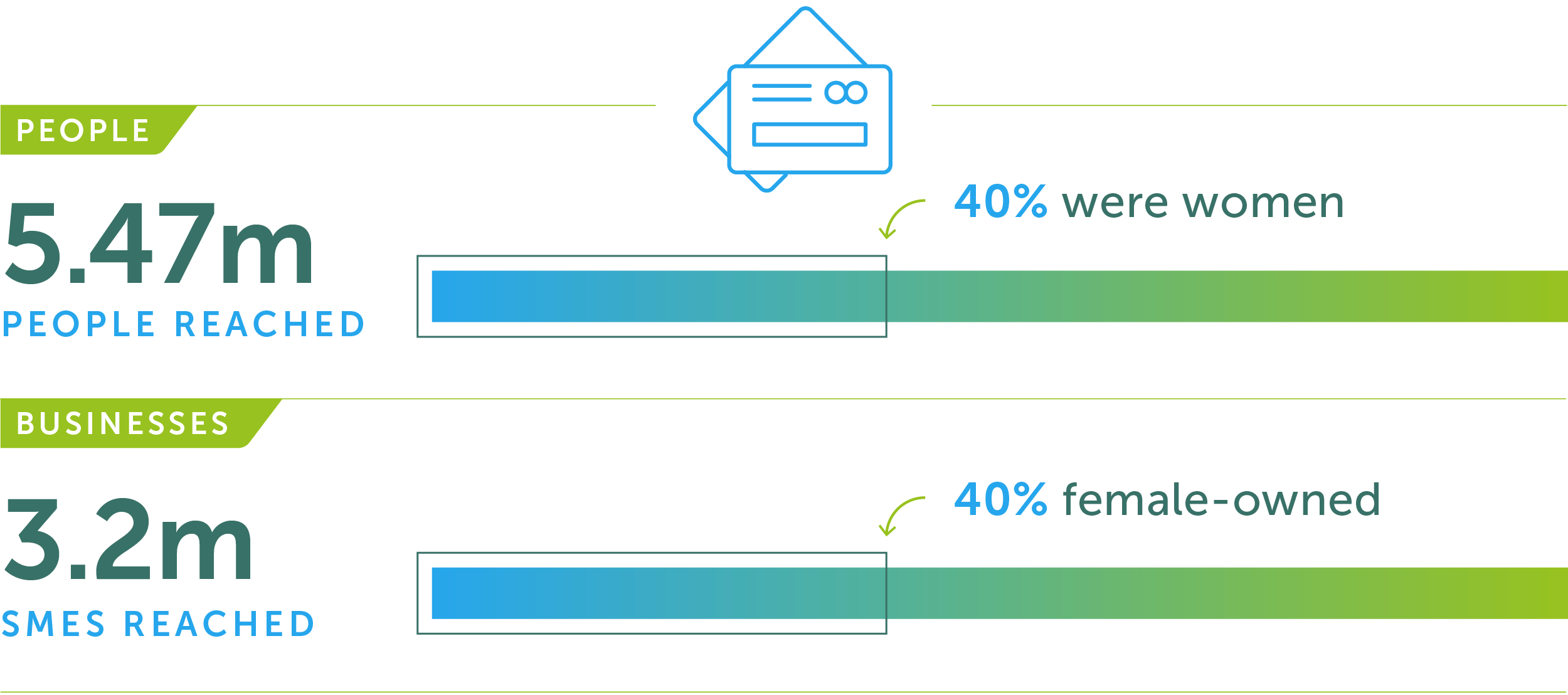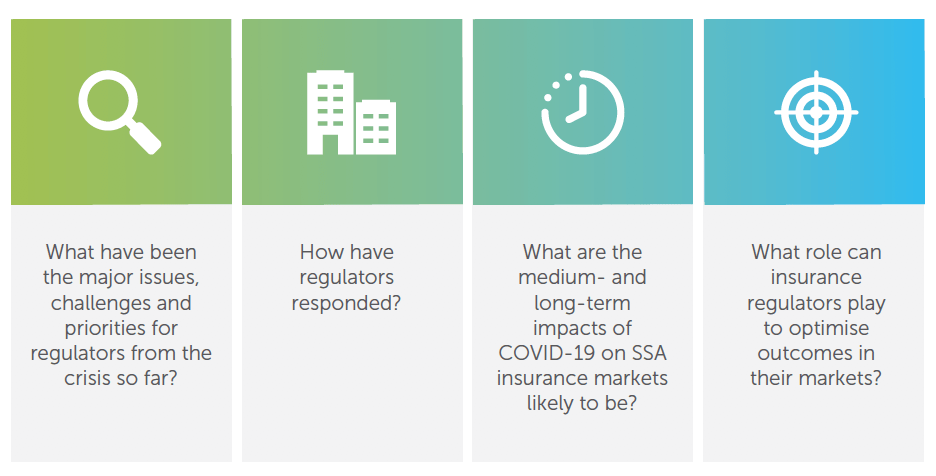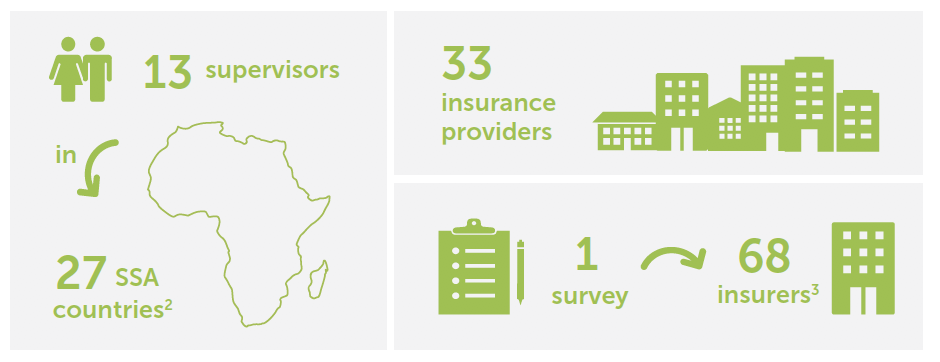The African continent presents a massive investment opportunity for investors to advance climate solutions in the coming decade according to a new report. However, a set of barriers to finance have stifled requisite investment to date. The report provides a framework for how innovation in financing structures can leverage strategic deployment of public capital to ‘crowd-in’ private investment at levels not yet seen.
With a dynamic entrepreneurial environment, the African continent presents a massive investment opportunity in the coming decade. However, climate finance in Africa falls short of what is required to implement regional Nationally Determined Contribution (NDCs), with climate finance needs eight times higher than amounts currently invested.
Barriers to finance related to financial market depth, local governance, project characteristics, and enabling skills and infrastructure have led the private sector to play a marginal role in African climate finance to date. Barriers can be acute or chronic and are highly context-dependent in the relevance and intensity, differing by geography, sector, and sub-sector.
Innovation in financing structures is required to overcome these barriers, but there is no one-size fits all approach. Investors must tailor strategies based on the geographic and sectoral context of a given investment, deploying combinations of financial instruments based on their effectiveness in addressing specific risks to overcome investment barriers.
The report provides a framework for how these instruments and strategies can be efficiently deployed to overcome barriers to finance and capitalize climate solutions in Africa. Some instruments can be deployed narrowly to address acute barriers to finance such as deploying guarantees to address early-stage construction risk.






